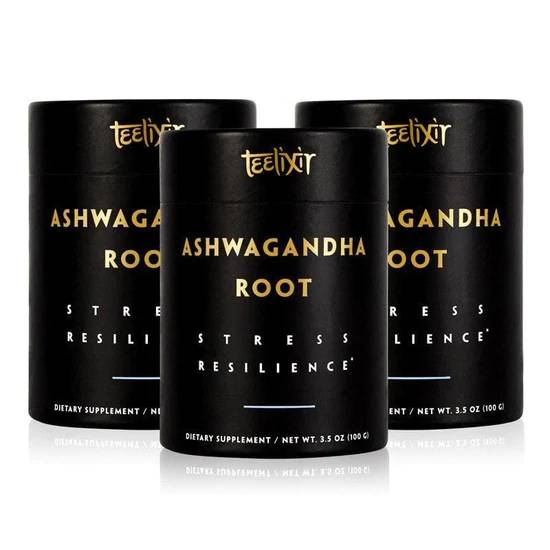Meet adaptogens, the newest wellness term. Despite being used in Chinese and Ayurvedic medicine for thousands of years, adaptogens in Australia are currently popular in the natural health community, notably as a technique to maintain glowing skin. Adaptogens may be the solution if, like the majority of us, you’re feeling stressed, and it’s showing on your skin.
What Are Adaptogens?
Adaptogens are generally understood to be chemicals that assist the body in coping with or resisting stress. Most often, botanical sources provide these chemicals. Adaptogens share three characteristics, each of which
- nontoxic
- reduces the body’s stress response
- supports overall health by helping your body achieve balance
Usually consumed as food or dietary supplements, adaptogens support the body’s ability to adapt to various forms of stress, including physical, emotional, and others. Some of them can help with feelings of relaxation or calmness, while others can help with efforts to combat fatigue, increase endurance, or sharpen focus.
Common types of adaptogens
The idea behind adaptogens is to help your body adjust to all the stressors life throws at you (think: pollution, oxidation, UV radiation, etc.), so it can better fend them off. They are said to delay the signs of ageing, alleviate inflammation, and make your skin glow.
The list of adaptogens is extensive, and Chinese and Ayurvedic medicine have used them for ages. You may recognise a handful of these:
- Ashwagandha
- Elderberry
- Ginseng
- Licorice root
- Neem
- Moringa
- Reishi mushrooms
You might be shocked to learn that, despite their widespread use in skincare products today, adaptogens are still not universally regarded as a panacea in the dermatology community. Although some study has been done to demonstrate their beneficial effects on the neurological system, many others believe additional research is necessary before making any significant inferences.
What Benefits Do Adaptogens Offer Your Skin?
Adaptogens are plant extracts that support the balance of stressed skin, including skin that has experienced cortisol spikes. Adaptogens have been found in studies to have advantages when taken as oral supplements, but they are now increasingly being used as ingredients in topical skincare treatments, according to board-certified dermatologist Dr. Hadley King. We are aware that stress and anxiety can affect the majority of inflammatory skin problems, such as acne, rosacea, psoriasis, eczema, etc., even though we still do not fully understand [how].
How are adaptogens used?
It is advised to ingest adaptogenic herbs with water in a high-quality liquid concentrate. Furthermore, Feuerstein notes that while including adaptogens in the diet may be advantageous, “to get to clinically significant levels, I employ pharmaceutical-grade herbal formulations.”
There are many more adaptogens as well, but Ashwagandha, ginseng, and eleuthero are the three most effective regulators of adrenal activity and can be utilized in the long or short term to address skin issues.” Do you want to give them a try? Consult a medical professional or herbalist who can recommend the best herbs and dosages for you. Even though the majority of adaptogens are completely safe when used in skin care, always read the product label and, if possible, seek advice from a skin expert before use.
In the end
Although these potent ingredients have been making waves in the wellness industry for some time and are praised for their capacities to rebalance the body and support its response to stress, it has only recently come to our attention that they are also starting to make significant inroads into the skincare industry. It makes sense that these herbal medications are finally being incorporated into topical products as well, especially in light of the fact that stress—both environmental and emotional—can contribute to skin ageing.
It can also aid in defending skin from the detrimental effects of oxidative stressors, according to more studies. Medicinal mushroom benefits go a long way to ensure complete body healing.





